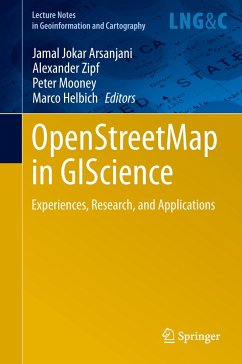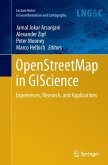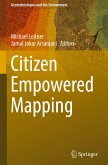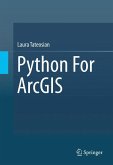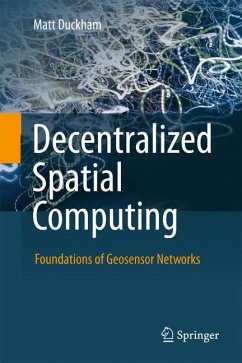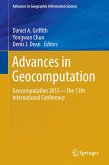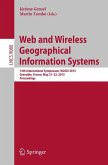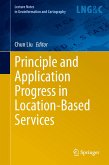This edited volume presents a collection of lessons learned with, and research conducted on, OpenStreetMap, the goal being to promote the project's integration. The respective chapters address a) state-of-the-art and cutting-edge approaches to data quality analysis in OpenStreetMap, b) investigations on understanding OpenStreetMap contributors and the nature of their contributions, c) identifying patterns of contributions and contributors, d) applications of OpenStreetMap in different domains, e) mining value-added knowledge and information from OpenStreetMap, f) limitations in the analysis OpenStreetMap data, and g) integrating OpenStreetMap with commercial and non-commercial datasets. The book offers an ideal opportunity to present and disseminate a number of cutting-edge developments and applications in the field of geography, spatial statistics, GIS, social science, and cartography.
"This academic title fulfills its promise of an up-to-date university summary of related 'experiences, research, and applications.' It is an edited text by academics specifically focused on the use of OpenStreetMap in the geographical information sciences. ... This text is excellent for an academic research audience. ... it has excellent references and specific thoughts, which together should indeed stimulate further research by the intended audience." (David Bellin, Computing Reviews, January, 2016)

